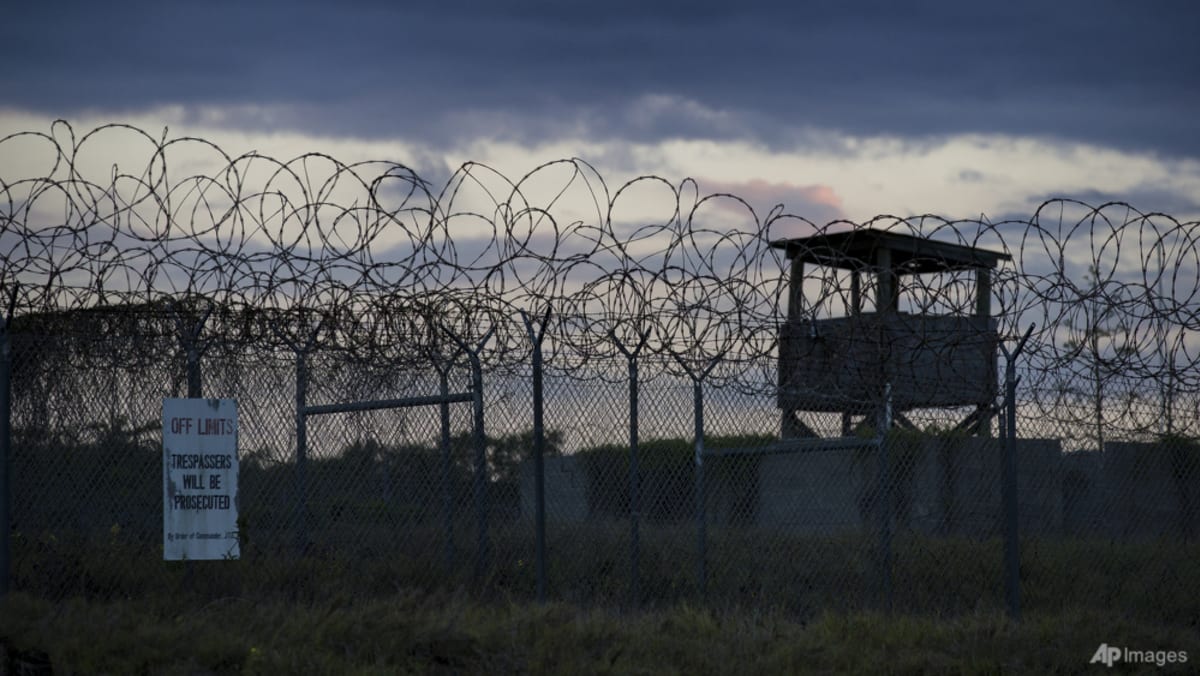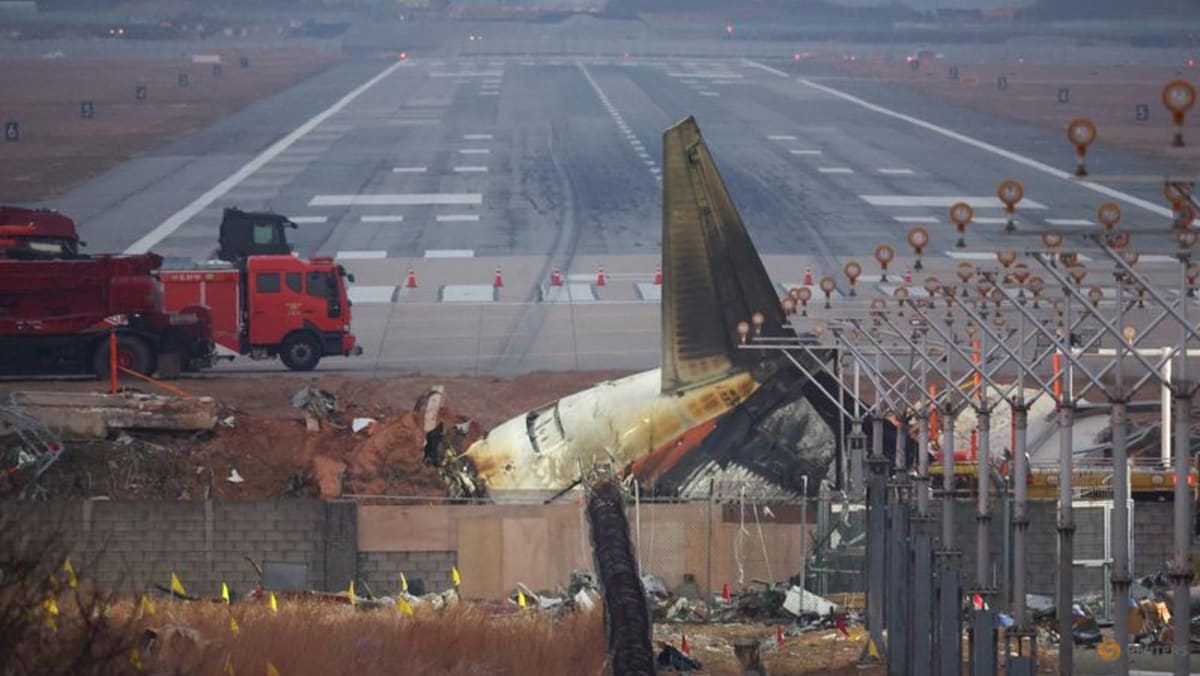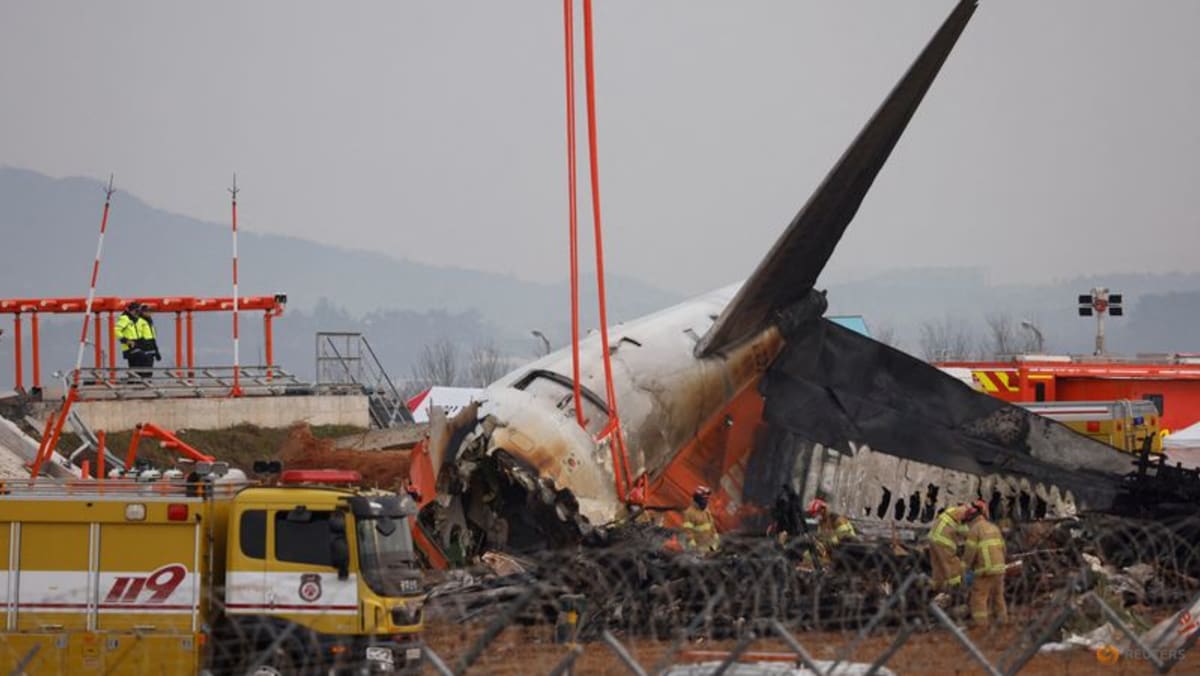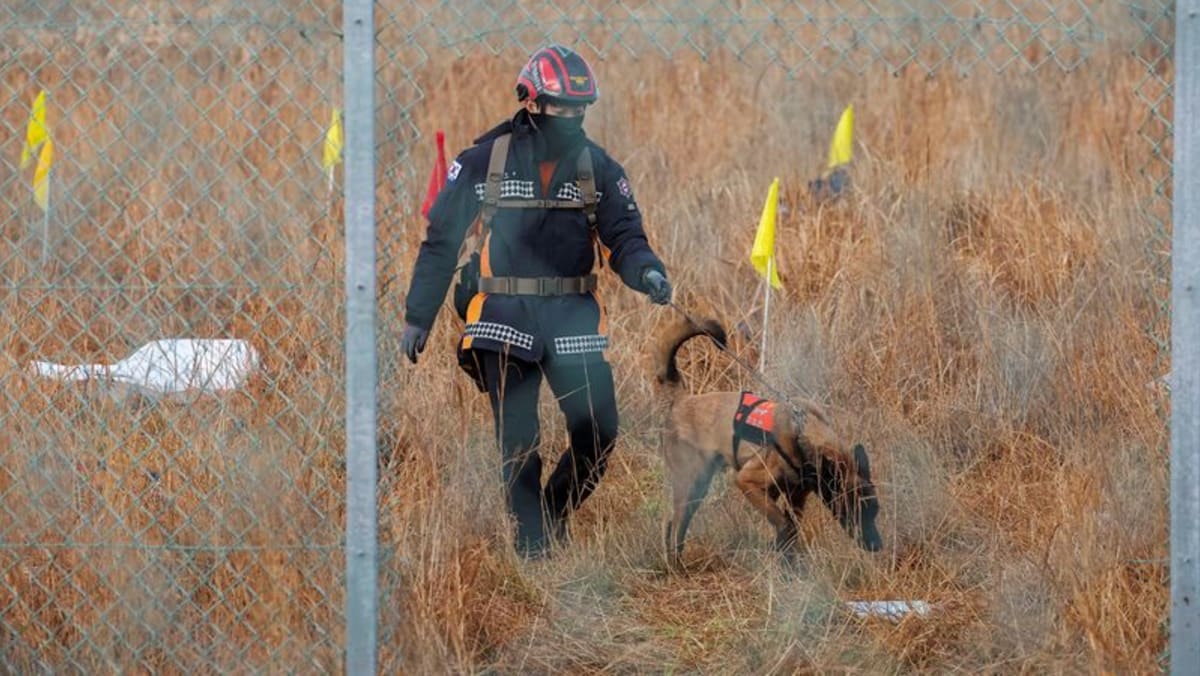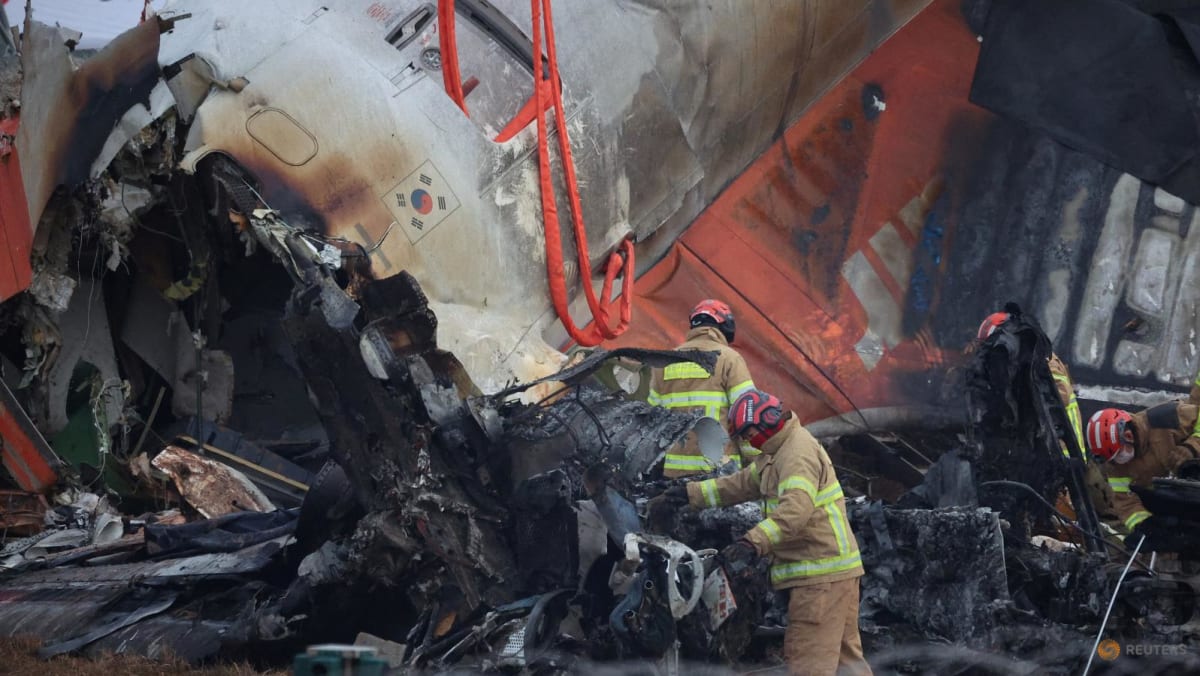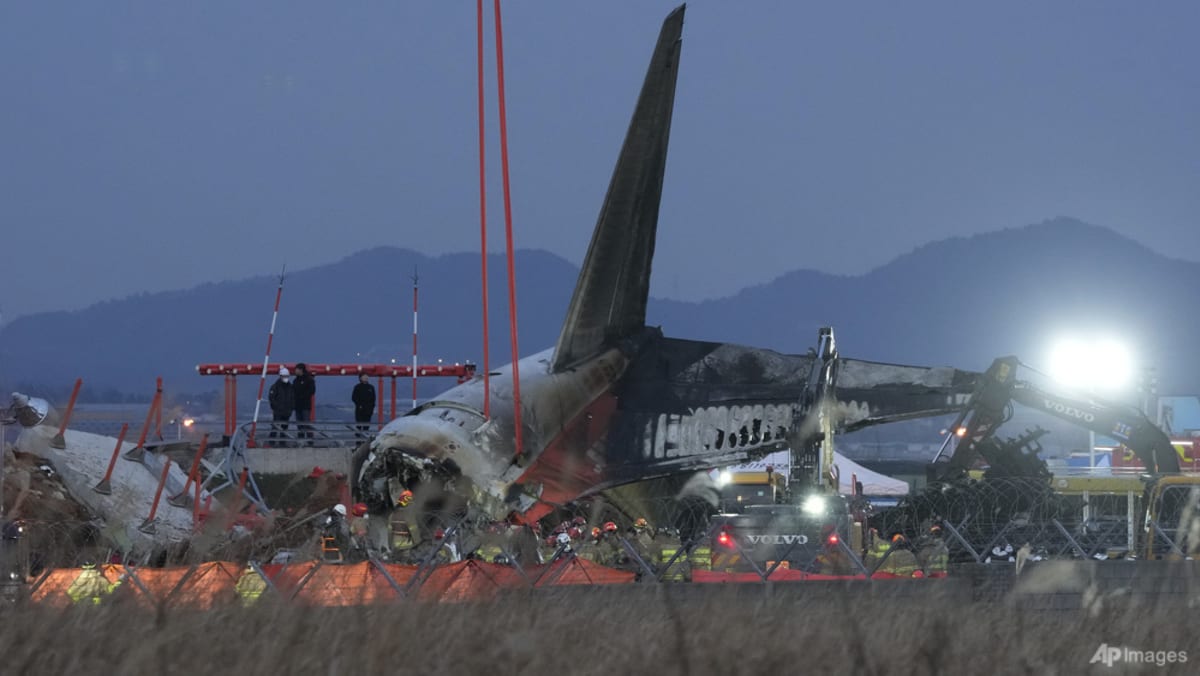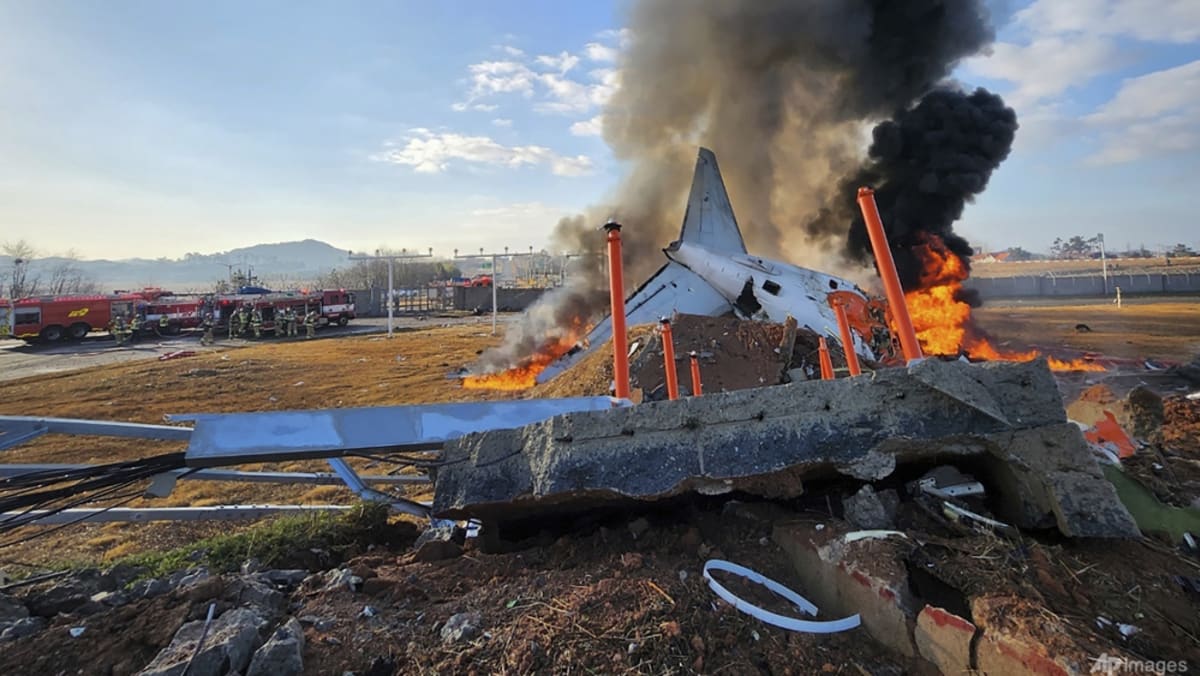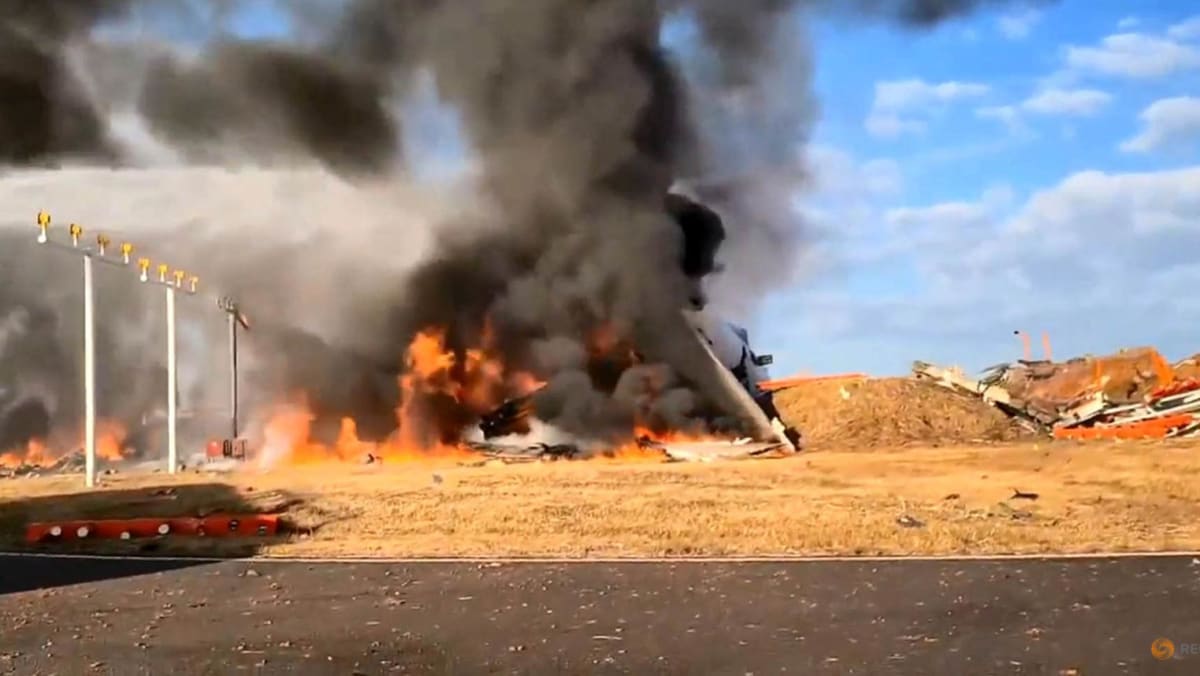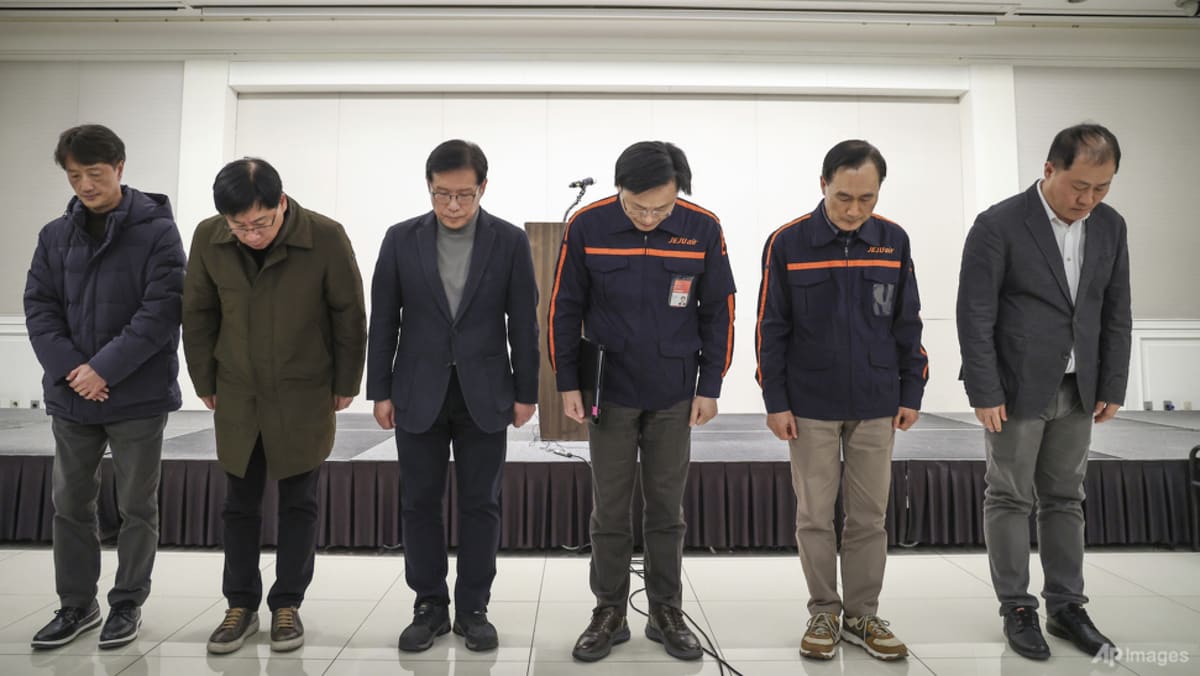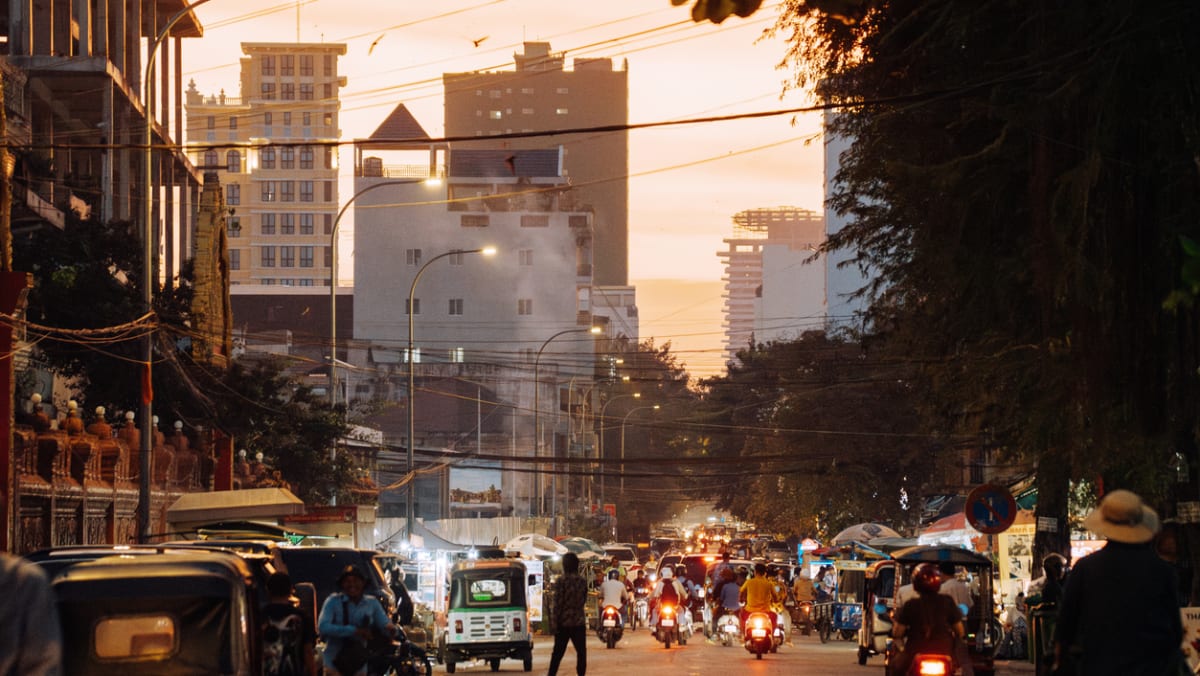Peninsular Malaysia’s oil and gas production dropped by half over last decade: Economy Minister

SINGAPORE: Peninsular Malaysia’s oil and gas production has dropped by half in the last decade, with new reserves now concentrated in Sabah and Sarawak.
From 700,000 barrels a day 10 years ago, production in the peninsula has decreased to 350,000 barrels daily, Economy Minister Rafizi Ramli said on Sunday (Nov 17) at his ministry’s engagement session in Kelantan with the state government.
Malaysia needs to speed up its transition to clean energy as oil and gas remain key drivers of its economic growth and income distribution, said Mr Rafizi. According to the Malaysian Investment Development Authority, the oil and gas sector contributes around 20 per cent to the country’s annual gross domestic product.
“The country must expedite its energy transition process. In this context, the government needs to implement certain policies, including subsidy restructuring,” Mr Rafizi said without elaborating.
Prime Minister Anwar Ibrahim had announced a subsidy cut for Malaysia’s most widely-used RON95 petrol for the top 15 per cent income group in his Budget speech last month.
“In the peninsula, 30 per cent of our gas is imported to generate electricity for industries and if no actions are taken, we will become increasingly reliant on foreign countries,” Mr Rafizi added.
The decline in oil and gas extraction in the peninsula could also pose a significant challenge for the government, especially in allocating and distributing funds to Malaysian states, he said.
Malaysia is the second-largest oil producer in Southeast Asia and the world’s third largest exporter of liquified natural gas (LNG), with the country’s oil reserves mainly located off the coasts of Kelantan, Terengganu, Sarawak and Sabah.
According to the federal government, Sarawak’s probable and proven reserves of petroleum represent 60.87 per cent of Malaysia’s total reserves, while Sabah’s make up around 18.8 per cent.
Source: CNA


